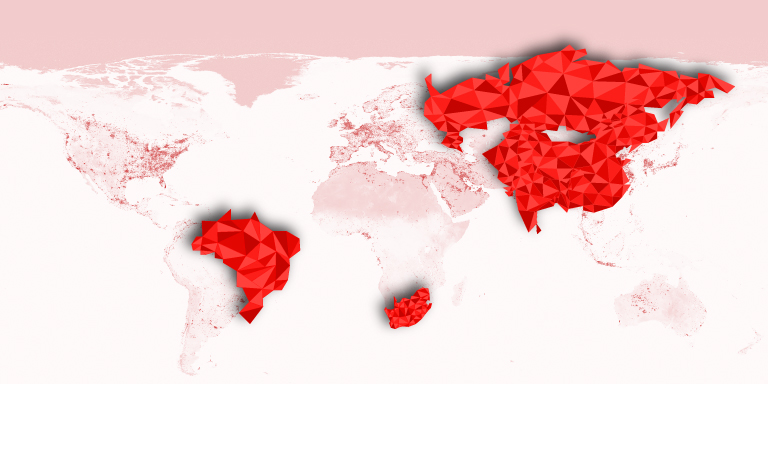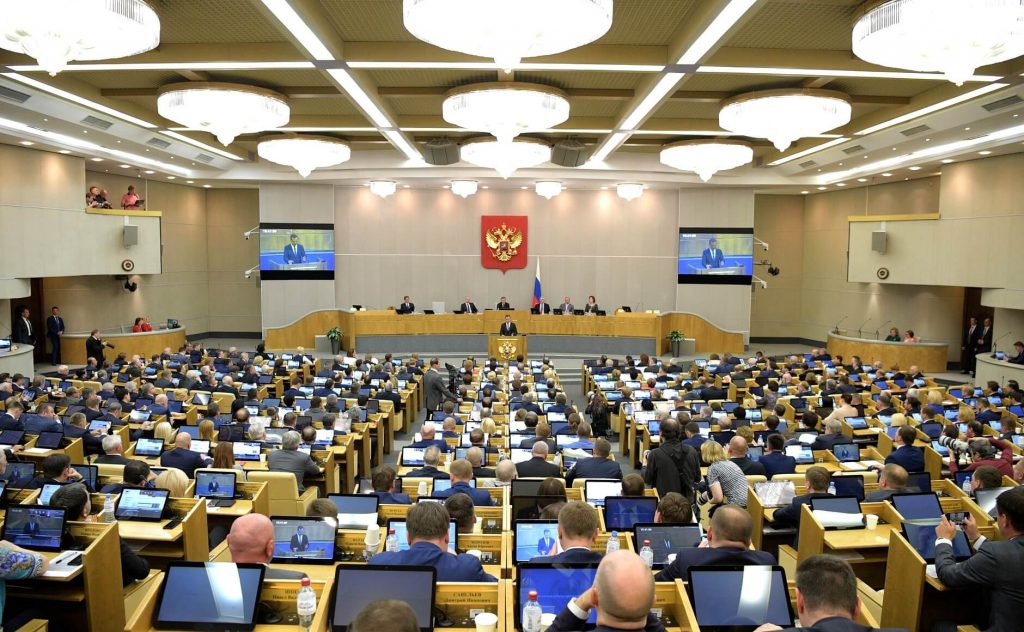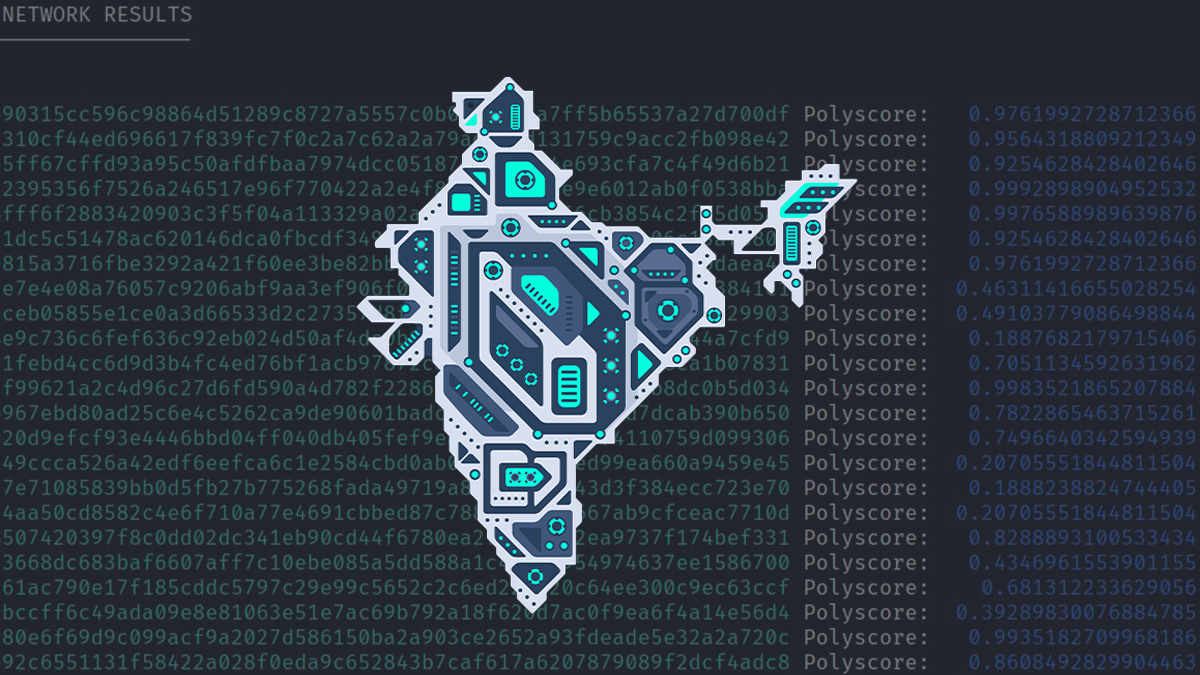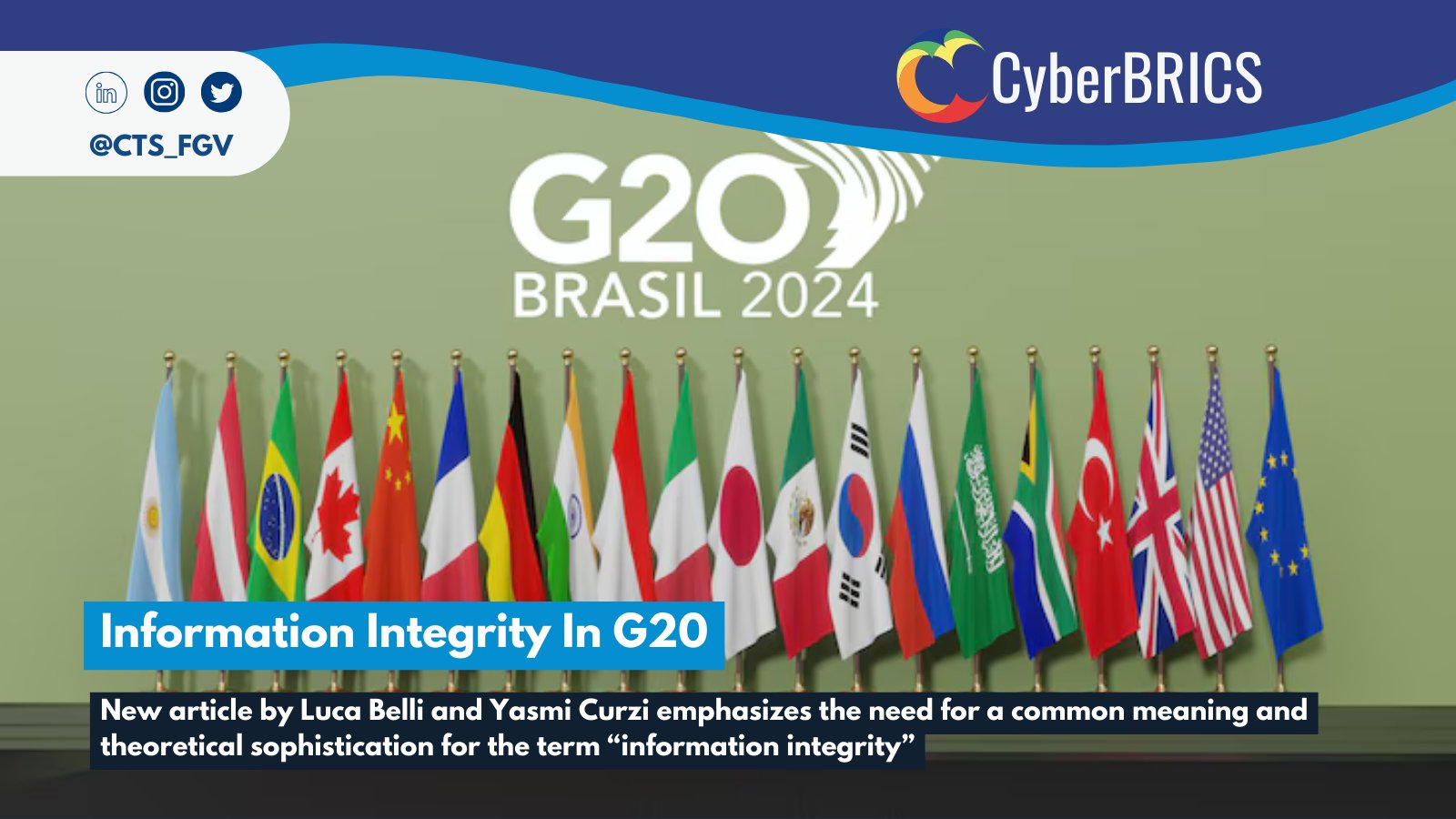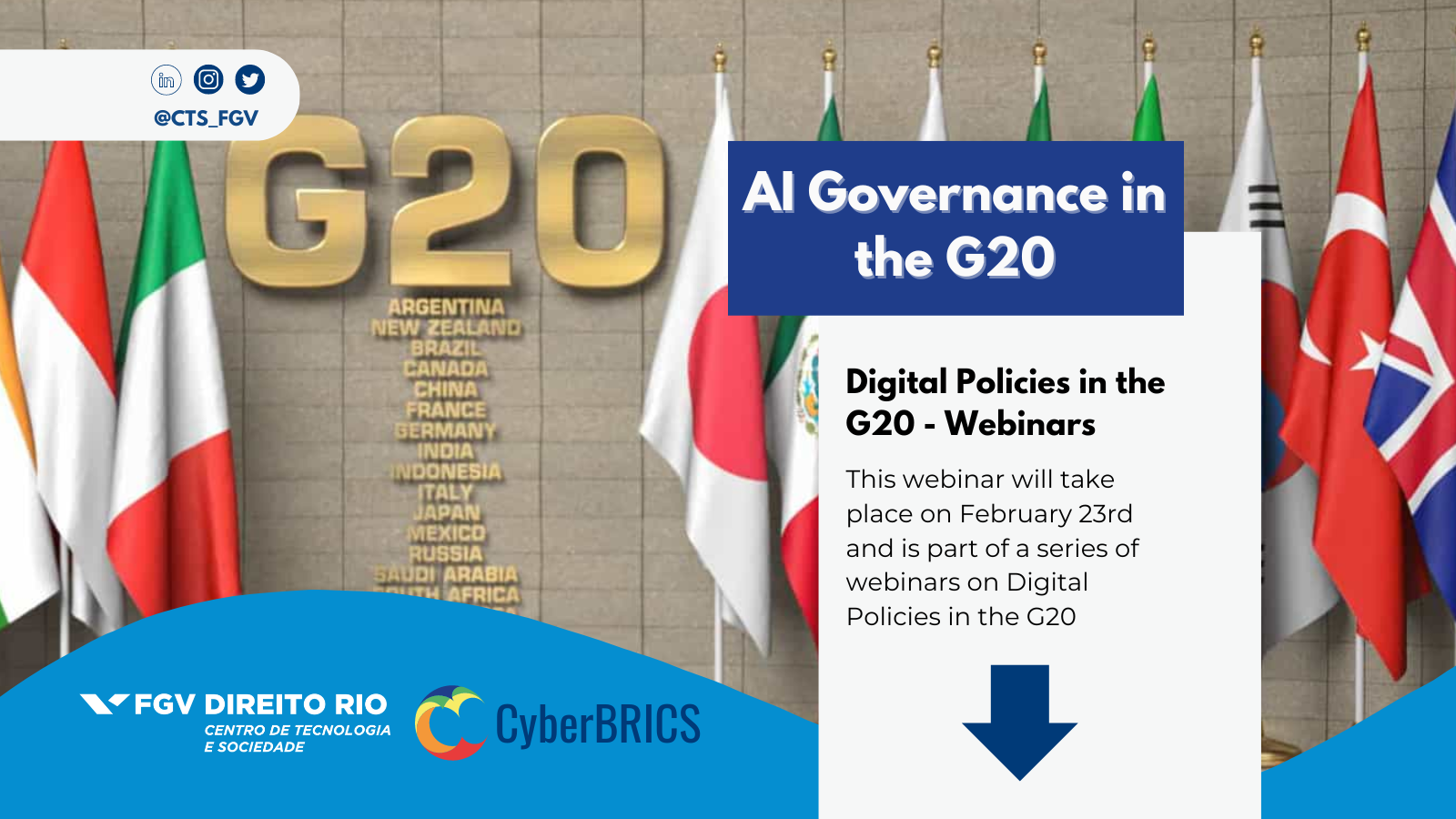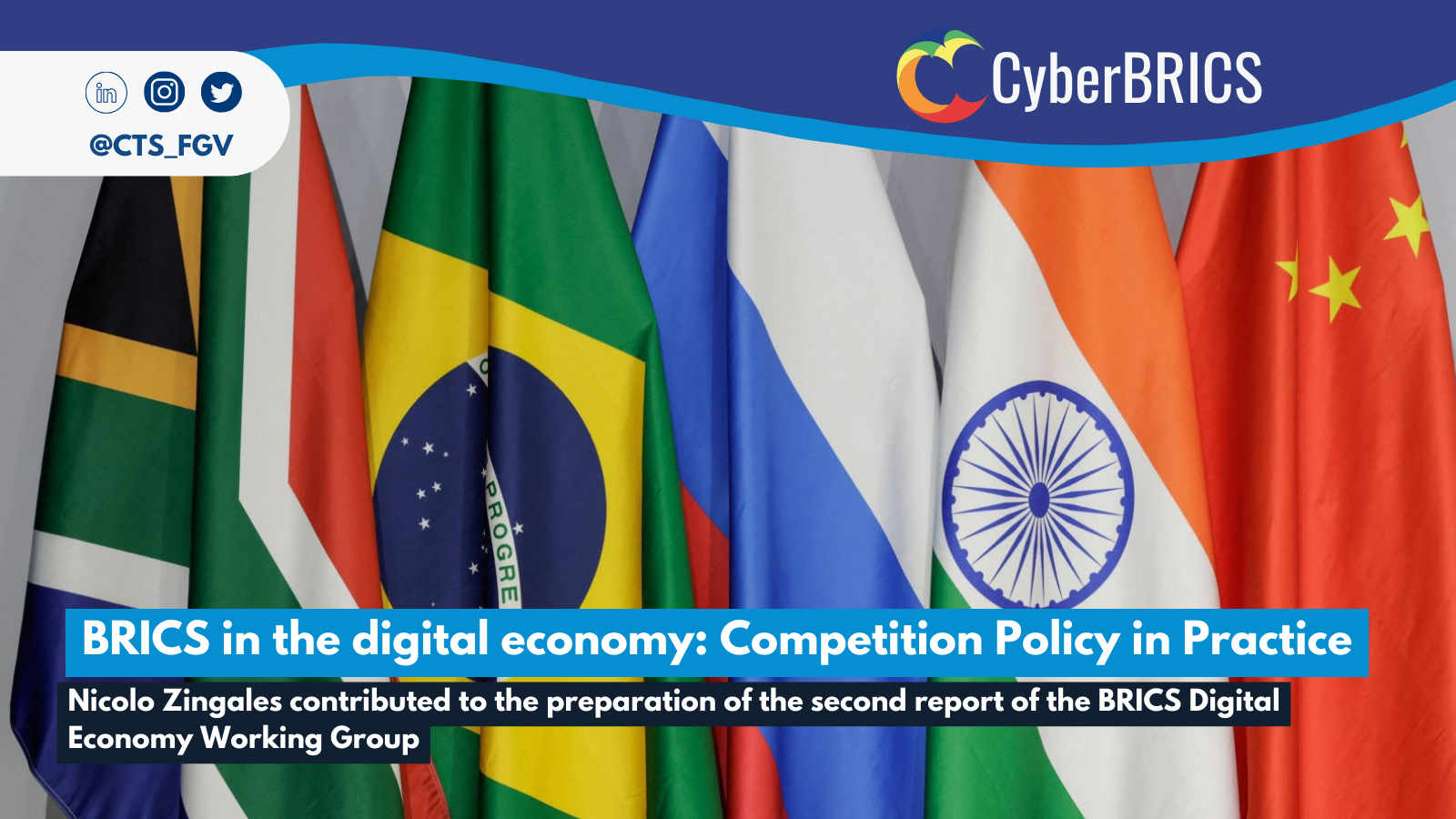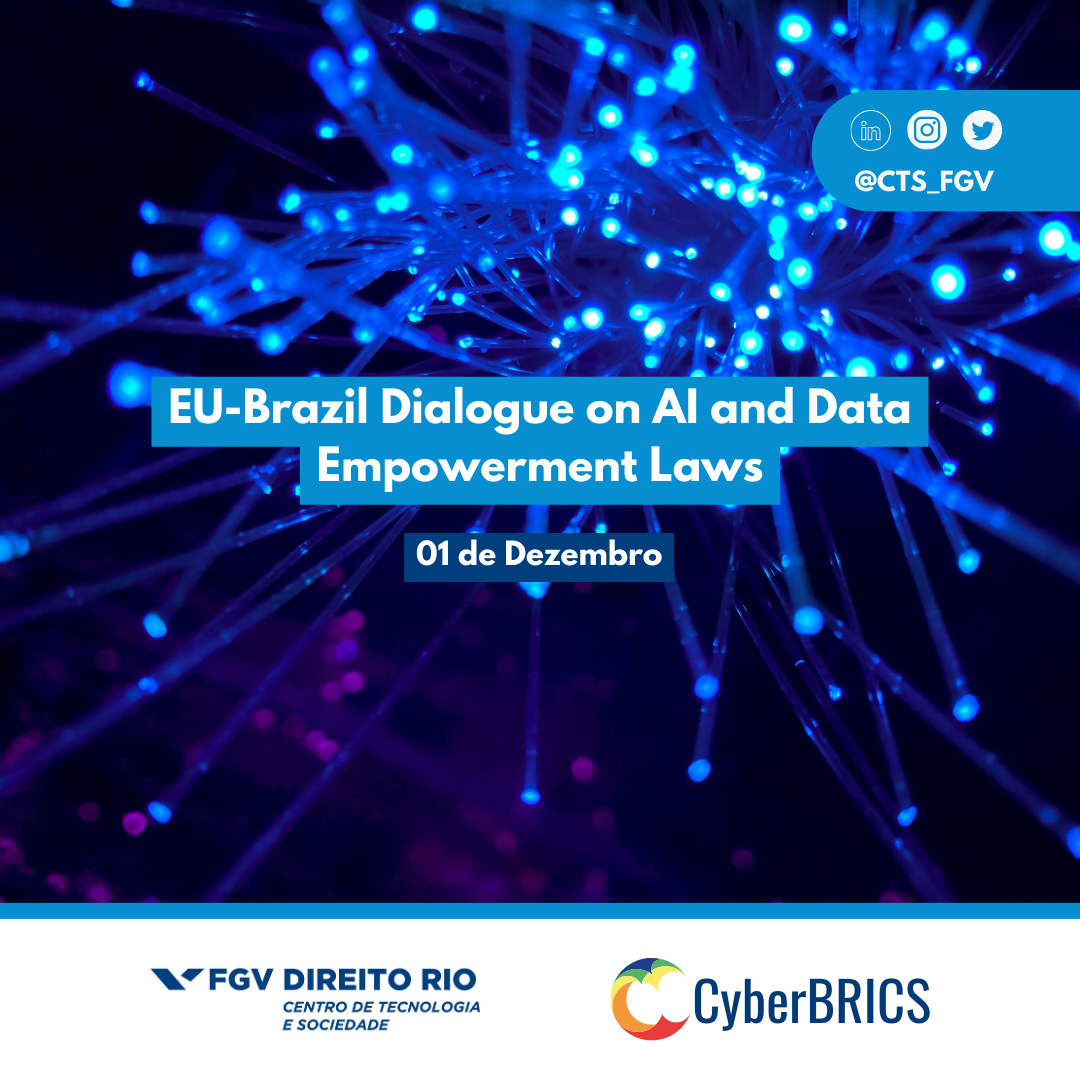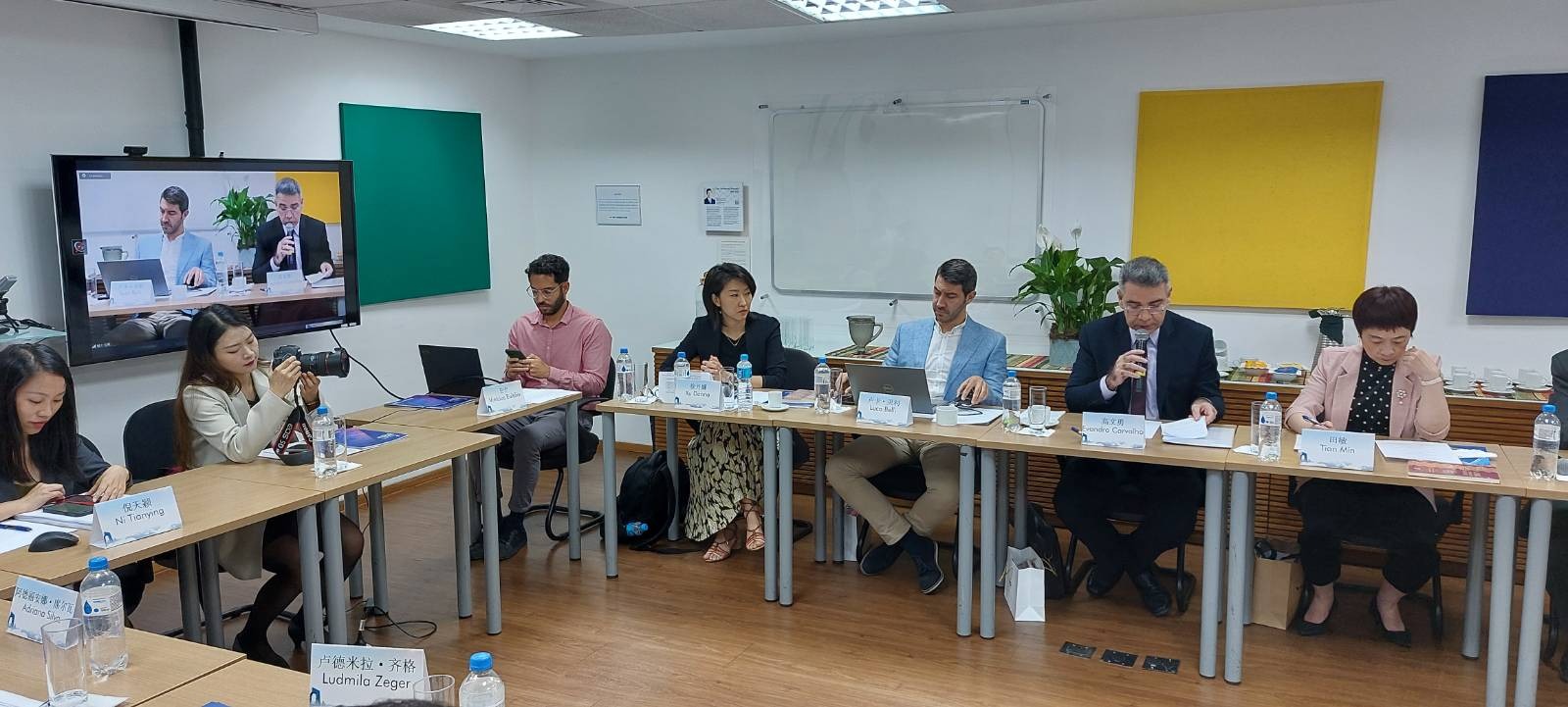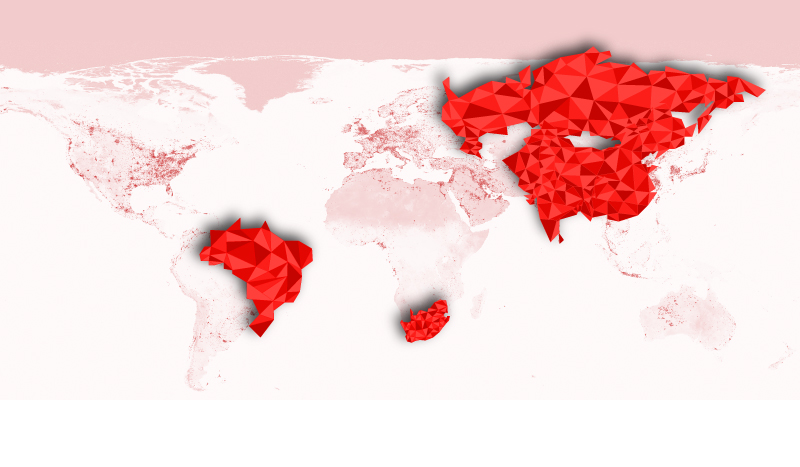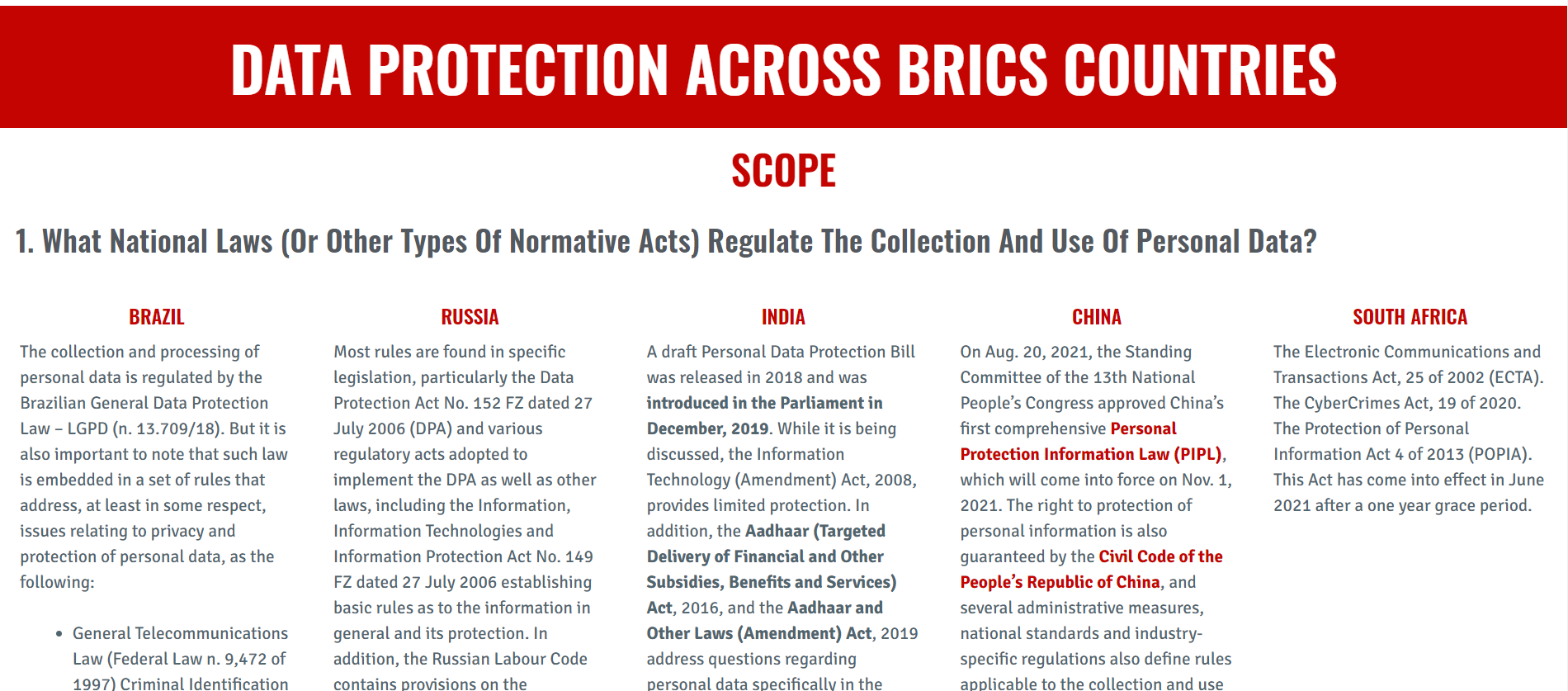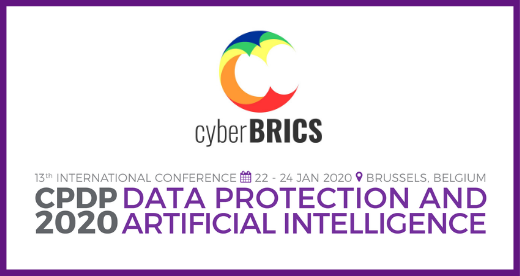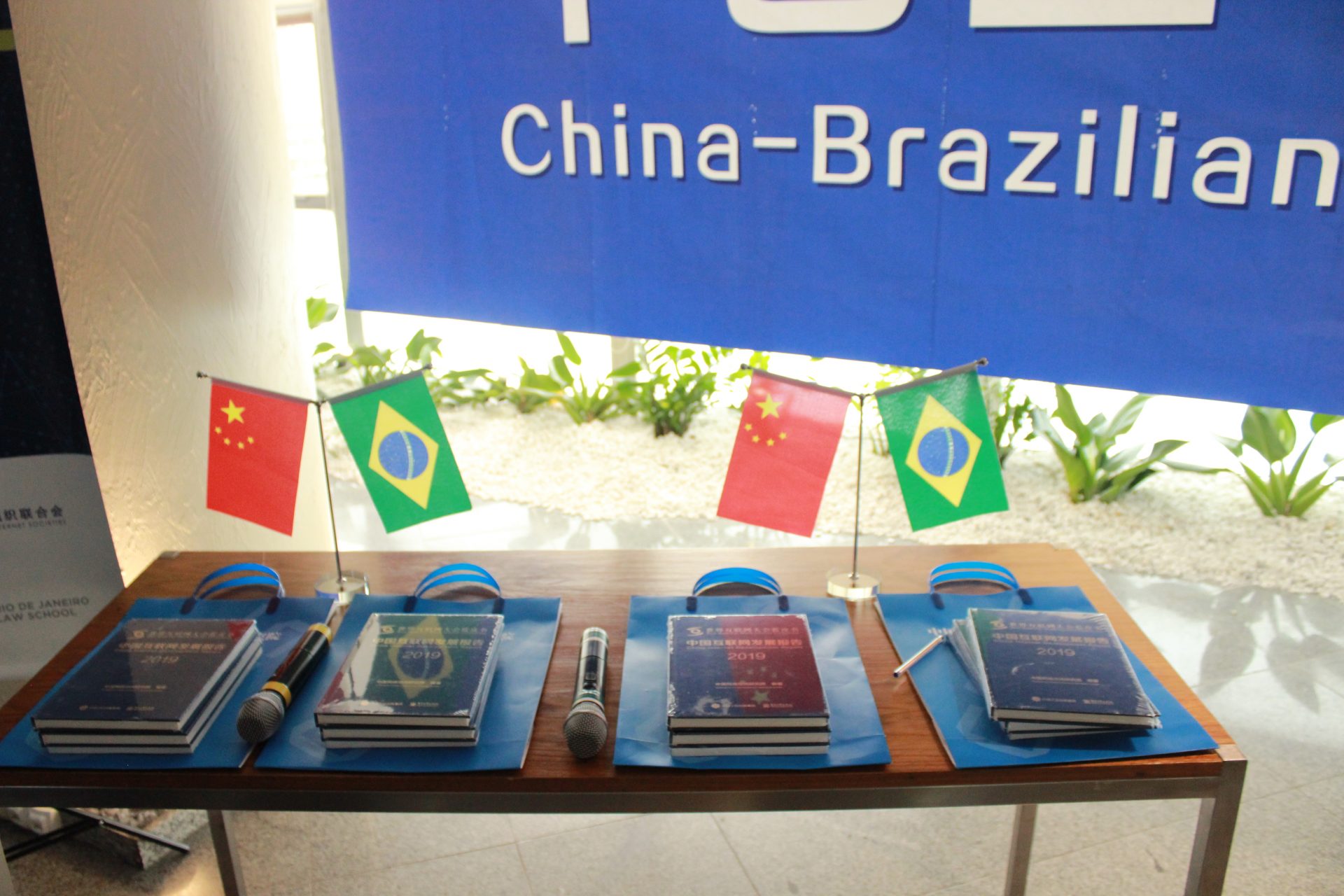Director of CyberBRICS. Luca Belli, PhD, is Professor of Internet Governance and Regulation at Fundação Getulio Vargas (FGV) Law School, where he heads the Center for Technology and Society and the CyberBRICS project, and associated researcher at Centre de Droit Public Comparé of Paris 2 University. Luca is also Member of the Board of the Alliance for Affordable Internet (A4AI), Director of CPDP LatAm and member of the CPDP Programme committee.
Before joining FGV, Luca worked as an agent for the Council of Europe Internet Governance Unit and served as a Network Neutrality Expert for the Council of Europe. Over the past decade, Luca has authored and edited more than 30 research outputs in English, French, Italian, Portuguese and Spanish, amongst which “De la gouvernance à la régulation de l’Internet” (Berger-Levrault, 2016); the “Net Neutrality Compendium” (Springer, 2016); “Platform Regulations: How Platforms are Regulated and How They Regulate Us” (FGV, 2017) and “Gobernanza y Regulaciones de Internet en América Latina” (FGV, 2018); the “Community Network Manual” (FGV-ITU-ISOC, 2018); and “CyberBRICS: Cybersecurity Regulations in the BRICS Countries” (Springer-Nature 2021).
Luca’s works have been i.a. quoted by the Organization of American States Report on Freedom of Expression and the Internet (2013); used by the CoE to elaborate the Recommendation of the Committee of Ministers on Network Neutrality (2016); featured in the French Telecoms Regulator (ARCEP) Report on the State of the Internet (2018); used by the Brazilian Telecom Regulator (ANATEL) to define community networks (2020); and published or quoted by various media outlets, and published or quoted by various media outlets, including The Economist, Financial Times, Forbes, Le Monde, BBC, The Hill, China Today, O Globo, El Pais, and La Stampa.
Luca can be found on LinkedIn and on Twitter
A list of Luca’s publications can be found at http://lattes.cnpq.br/3521741614966236



